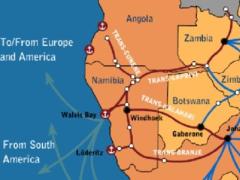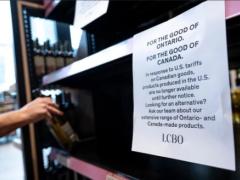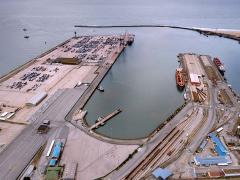Despite numerous reports to the contrary by the Department of Trade and Industry (dti), the Zimbabwean government is insisting that it “doesn’t have a trade dispute with South Africa”, according to Zimbabwe’s industry and commerce minister, Mike Bimha.
Following a decision last month by the Zimbabwean government to bar imports of basic food products from South Africa, the dti has expressed concern about the latest restrictive trade measures.
Spokesperson for the dti, Sidwell Medupe, said in a statement recently that “the adverse impact on South African exporters cannot be underestimated”. He pointed out that the dti continued to be responsive to affected exporters and to make representations to the government of Zimbabwe.
Lionel October, director general of the dti went as far as saying last week that Zimbabwe was in breach of Southern African Development Community (SADC) protocol.
But Bimha was cited by Bloomberg news as saying yesterday (Thursday): “These are just safeguard measures. We met with the South Africans last week and advised them of our position; these are bilateral issues, there are no problems at all and we will continue to talk.”
Zimbabwe’s imports for the first half of 2016 (H1) – US$2.51 billion worth of goods, largely from South Africa – have dropped by 13.3%.
State-owned newspaper, The Herald, attributes this to the implementation of Statutory Instrument 64 of 2016, only last month, where Zimbabwe announced a ban on imports of various goods in June, including cosmetics, cereals, cheese, canned goods and furniture.
The import control measure was meant to temporarily give the domestic manufacturers “time and space” to invest in new technology and machinery to improve efficiencies in order to up its local production.
Statistics published on the Confederation of Zimbabwe Industries (CZI) website show that, based on a 2015 manufacturing survey report, average capacity utilisation is currently at 34%.
The CZI report highlights that challenges such as the cost and the unreliability of electricity supply along with high labour costs have impacted Zimbabwe’s ability to produce goods locally.













